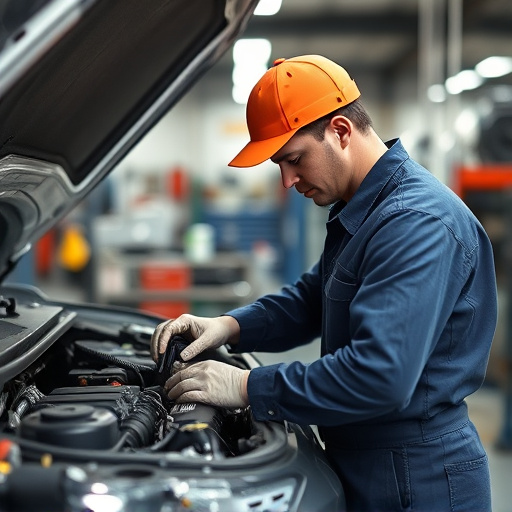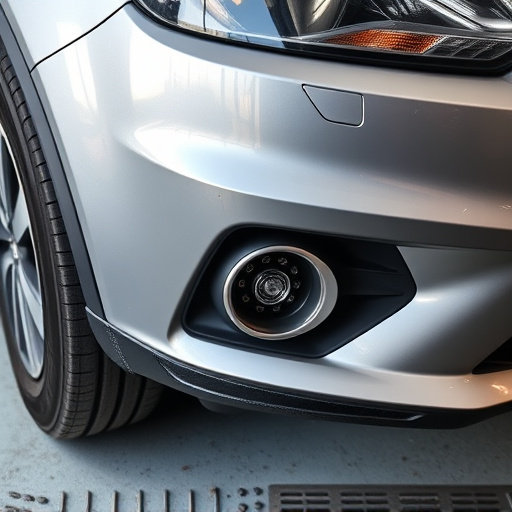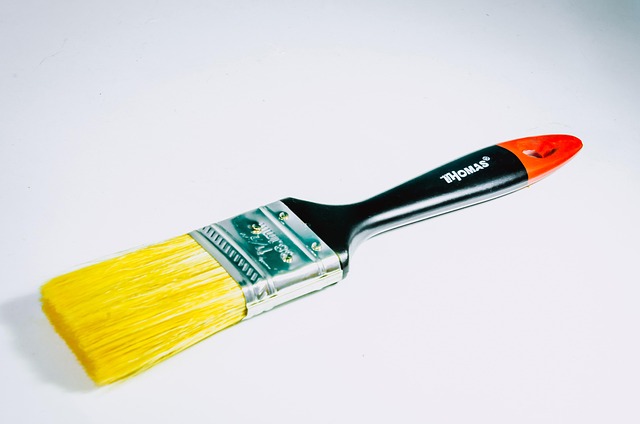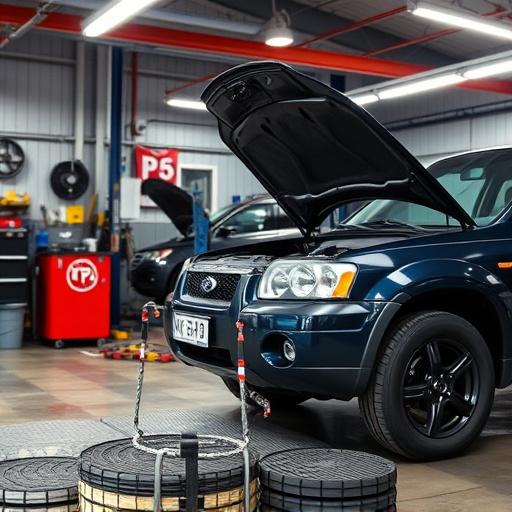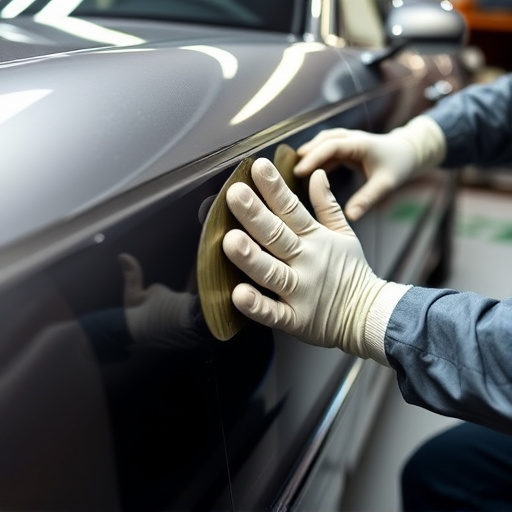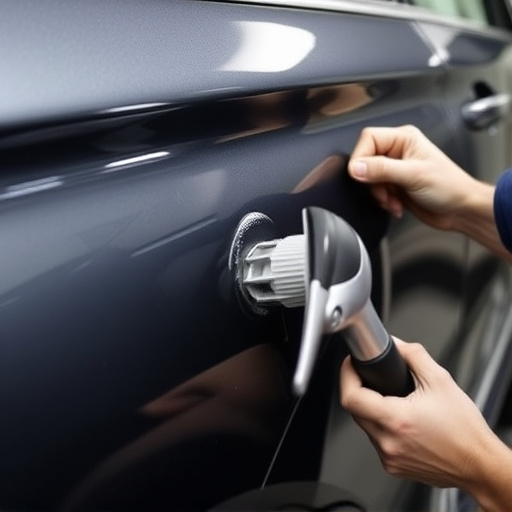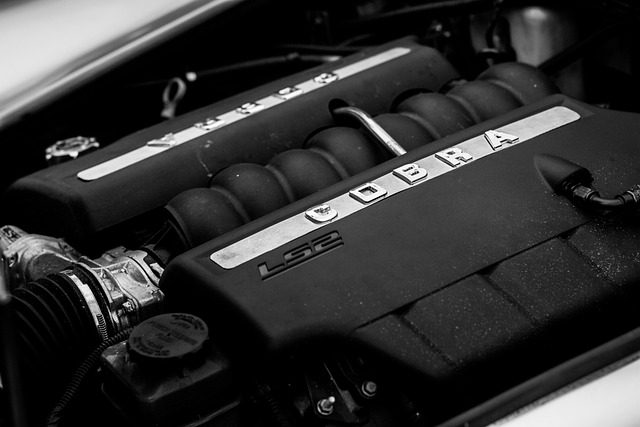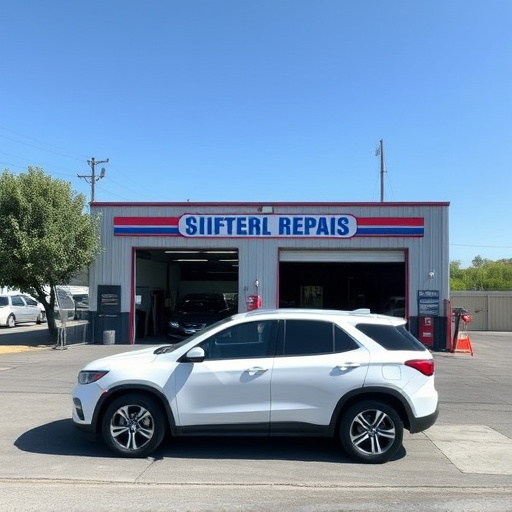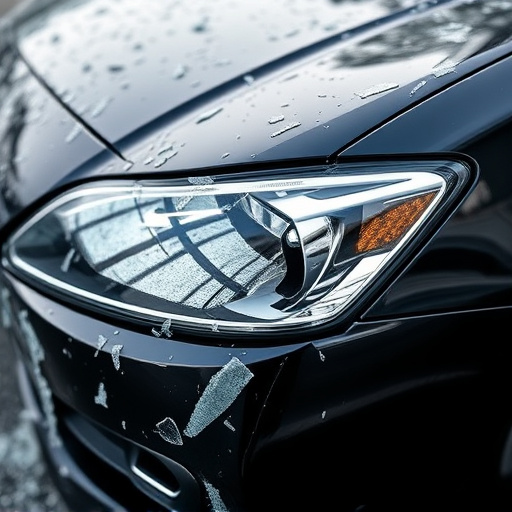Collision repair audits are essential for insurance claim integrity, ensuring accurate documentation and adherence to standards. These reviews by experts detect fraud, prevent overbilling, and promote transparency. Best practices include standardized training, digital record-keeping, and regular quality control checks, enhancing audit accuracy and fostering trust among insurers, shops, and policyholders.
Collision repair audits are a critical process ensuring vehicle damage assessments accurately reflect insurance claims. This comprehensive guide delves into the intricacies of these audits, exploring their profound impact on insurance claim accuracy and the broader implications for all stakeholders. We’ll navigate through best practices to minimize errors, emphasizing the importance of precise collision repair audit procedures in maintaining fairness and efficiency within the insurance industry.
- Understanding Collision Repair Audits: A Basic Guide
- Impact on Insurance Claims: Accuracy and Beyond
- Best Practices for Minimizing Errors During Audits
Understanding Collision Repair Audits: A Basic Guide

Collision repair audits are an essential process for ensuring accuracy in insurance claims related to car accidents, often referred to as fender benders or minor crashes. It’s a systematic review where experts examine the work performed during the collision repair process. These audits verify that the repairs are carried out correctly and match the original specifications of the vehicle, guaranteeing that no unnecessary or excessive work is billed to insurance companies or policyholders.
By conducting these audits, insurers can maintain higher levels of claim accuracy. For instance, if a claim involves auto glass repair or car dent removal, an audit ensures that the replacement parts meet the required standards and that the labor charges are appropriate for the scope of work. This process helps prevent fraud and misrepresentations in insurance claims, ultimately benefiting both insurance providers and policyholders by promoting fairness and transparency in the claims settlement process.
Impact on Insurance Claims: Accuracy and Beyond

Collision repair audits play a pivotal role in enhancing insurance claim accuracy, going beyond mere verification of repairs. These audits act as a quality control mechanism, ensuring that auto repair shops adhere to industry standards and best practices. By meticulously examining the work done on vehicles with collision damage repair, auditors can identify discrepancies, misalignments, or subpar workmanship that might have gone unnoticed otherwise. This meticulous process not only safeguards insurance companies from fraudulent claims but also ensures customers receive high-quality auto repair services.
Furthermore, collision repair audits contribute to a more precise assessment of claim values. Auditors assess the extent of car damage repair, considering both visible and hidden issues, to determine fair compensation. This comprehensive evaluation helps in avoiding overpayment or undercompensation, fostering trust between insurance providers, auto repair shops, and policyholders. In essence, collision repair audits are instrumental in maintaining integrity within the insurance claims process.
Best Practices for Minimizing Errors During Audits

To minimize errors during collision repair audits, insurance companies and repair shops should adhere to best practices that ensure accuracy and consistency. One key practice is standardized training for auditors and technicians across all participating car repair shops. This training should cover not only technical aspects of car dent removal and automotive repair but also the importance of meticulous documentation and clear communication.
Additionally, implementing digital record-keeping systems can significantly reduce errors. These systems enable efficient tracking of parts replacements, work hours, and inventory management within the automotive repair process. Regular quality control checks by experienced supervisors are equally crucial. By fostering a culture of continuous improvement and adherence to strict protocols, both insurance companies and car repair shops can ensure higher claim accuracy during collision repair audits.
Collision repair audits play a pivotal role in ensuring insurance claim accuracy, exposing potential discrepancies and promoting honest, high-quality workmanship. By understanding these audits and implementing best practices, insurance providers and claimants can minimize errors, streamline processes, and ultimately foster a more reliable and efficient claims experience. This, in turn, benefits everyone involved, from reduced costs to faster resolutions and enhanced customer satisfaction.

